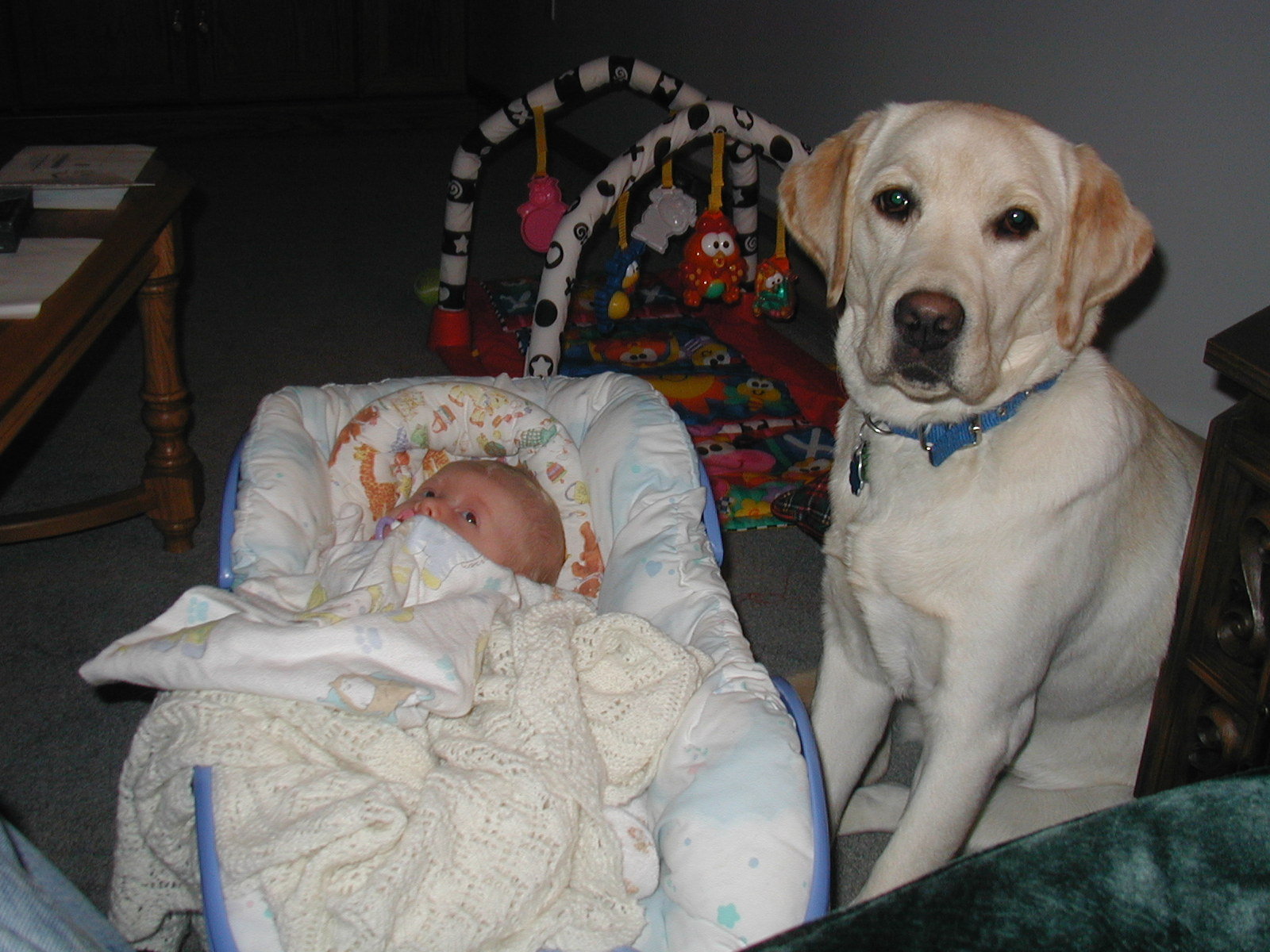 A paper in the Journal of Clinical Microbiology back in 2000 described a case of Pasteurella multocida meningitis in a one-month-old baby that was linked to a pet cat. Pasteurella multocida is a bacterium that can be commonly found in the mouth of healthy dogs and cats – 90% or more of healthy cats may have it in their mouth. The organism can cause infection in humans. These cases are usually associated with close contact with animals, such as bites, scratches and licking wounds. In this case, there was reportedly little contact between the baby and the cat, yet the same P. multocida strain was found in both. The cat was healthy and the bacterium was found in its mouth. There was no clear route of transmission (like a bite or a scratch), however unidentified contact with the cat or (more likely) indirect transmission of the bacterium from the cat to the baby by another person are possible.
A paper in the Journal of Clinical Microbiology back in 2000 described a case of Pasteurella multocida meningitis in a one-month-old baby that was linked to a pet cat. Pasteurella multocida is a bacterium that can be commonly found in the mouth of healthy dogs and cats – 90% or more of healthy cats may have it in their mouth. The organism can cause infection in humans. These cases are usually associated with close contact with animals, such as bites, scratches and licking wounds. In this case, there was reportedly little contact between the baby and the cat, yet the same P. multocida strain was found in both. The cat was healthy and the bacterium was found in its mouth. There was no clear route of transmission (like a bite or a scratch), however unidentified contact with the cat or (more likely) indirect transmission of the bacterium from the cat to the baby by another person are possible.
This is a good example of the unpredictable nature of zoonotic infections. There was no reported underlying disease that made this baby more susceptible to infection. It’s just that being very young (or very old, or immunocompromised) means you’re more likely to develop infections from the myriad bacteria that are present all around us. While this infection might not have been preventable, we need to think about good routine precautions involving contact of pets with babies.
- Keep them apart (but not completely). Pets should not be allowed to lick or have other close contact with a young baby. That being said, household pets need to be around the baby to learn to interact with the child safely, and recognize the baby as a member of the family, but supervision is needed and direct contact should be avoided.
- Good hygiene should be used around pets and babies (individually and together). Hands are the main source of disease transmission and regular hand washing is a great infection control tool.